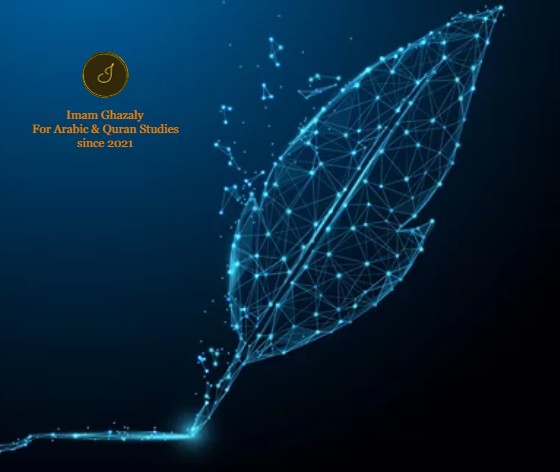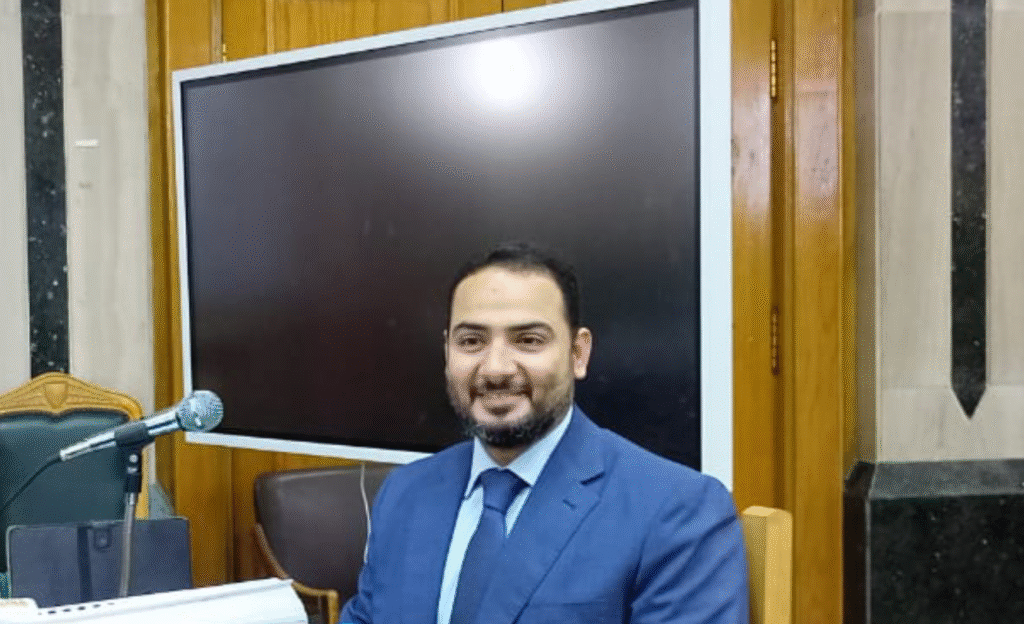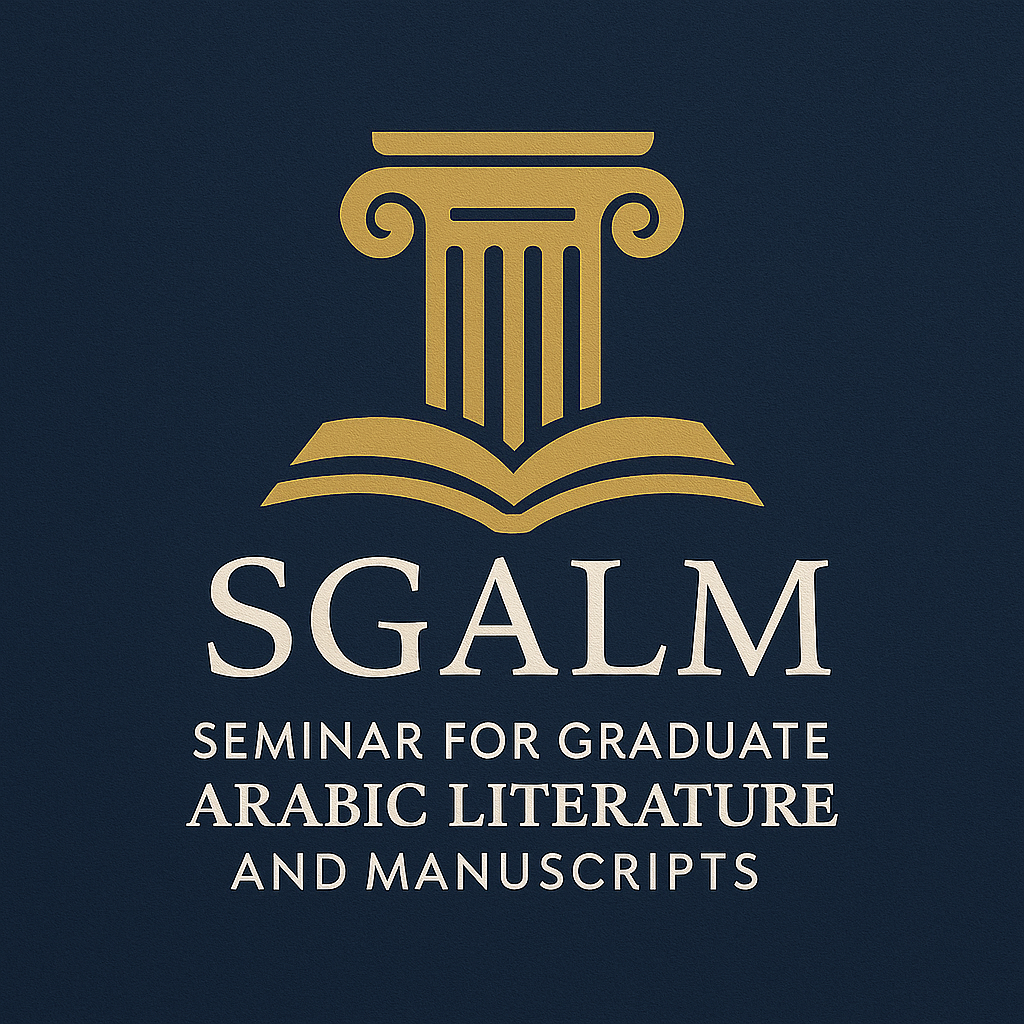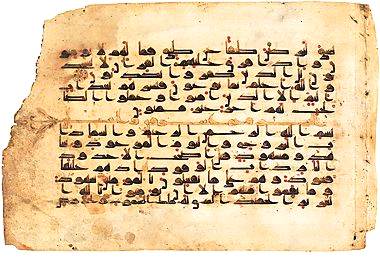Share your thesis or Research Proposal with me so I can teach you how to improve it — not to revise it for you.
SGALM

مَرْحَبًا بِكَِ فِي سِيمِنَارِ الدِّرَاسَاتِ الْعُلْيَا لِلُّغَةِ الْعَرَبِيَّةِ وَالدِّرَاسَاتِ الْقُرْآَنِيَّة
This service does not offer editorial correction; rather, it provides intensive training for graduate students to improve their research methodology, academic language, and literary analysis.
About SGALM
Seminar for Graduate Arabic Literature and Manuscripts
SGALM is an independent academic platform dedicated to providing advanced scholarly mentorship and critical training for graduate students (MA and PhD) and researchers specializing in classical Arabic literature, rhetoric, and manuscript studies.
Unlike conventional programs, SGALM offers high-level workshops and focused academic supervision designed to elevate the student to expert-level proficiency in analyzing, editing, and engaging with Arabic literary heritage.
Key Features of SGALM:
Non-formal academic supervision to strengthen research methodology, refine scholarly language, and enhance critical thinking skills.
Specialized seminars on underrepresented and essential fields such as:
Criticism of Maqāmāt, Classical Arabic Poetry Analysis, Philosophy of Rhetoric, Major Issues in Manuscript Editing.The aim is not to “correct” students’ research, but to train them to recognize their own gaps, develop critical competence, and engage with source materials at a professional level.
SGALM was founded on the belief that deep knowledge is not transmitted through lecturing, but earned through dialogue, guided inquiry, and rigorous methodological practice.
“This is not where you receive answers — it’s where you learn how to formulate better questions.”


Independent Academic Supervision
This service does not offer editorial correction; rather, it provides intensive training for graduate students to improve their research methodology, academic language, and literary analysis.
Advanced Seminars and Supervision for Graduate Researchers
Academic Offerings at SGALM
Workshop in Arabic Manuscript Editing
A specialized seminar focusing on advanced methods of editing Arabic manuscripts, addressing both theoretical approaches and practical challenges in textual verification, transmission, and critical annotation.Graduate-Level Instruction in Arabic Lexicography
A course on the history, methodology, and evolution of Arabic dictionaries — with critical engagement in identifying structural inconsistencies and textual errors in both manuscript and modern editions.Instruction in Pre-Islamic Arabic Literature
A close reading and critical analysis of pre-Islamic poetry and prose to uncover its religious, sociocultural, and linguistic contexts — necessary for any advanced study of early Arabic literature.Advanced Studies in ʿAbd al-Qāhir al-Jurjānī’s Semantic Theory of Naẓm
An in-depth examination of al-Jurjānī’s theory of semantic composition (Naẓm), revealing its philosophical, rhetorical, and linguistic implications, especially in the context of Qur’anic stylistics.Critical Study of al-Hamadhānī’s Maqāmāt
A stylistic and rhetorical course designed to enhance the student’s sensitivity to Arabic idiom, rhythm, and literary structure — fostering both linguistic intuition and refined composition skills.Interpretive Readings in the Masterpieces of Classical Arabic Poetry
A course exploring select masterpieces such as al-Ṭughrāʾī’s Lāmiyya, al-Buḥturī’s Sīniyya, and al-Mutanabbī’s Nūniyya, integrating linguistic, rhetorical, and philosophical interpretations to uncover layers of meaning.

Academic Supervision and Research Coaching for Graduate Students
I provide advanced guidance for MA and PhD candidates in formulating research proposals, structuring thesis chapters, and refining academic arguments — not through correction or dictation, but through structured mentorship and methodological training aimed at building strong, independent academic researchers.
